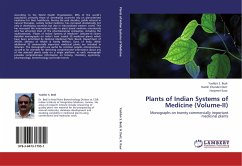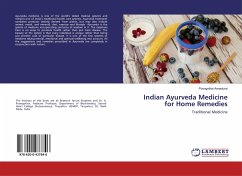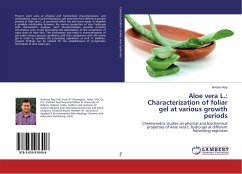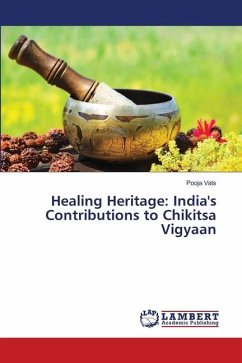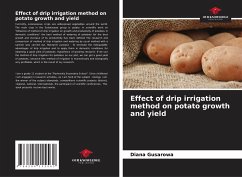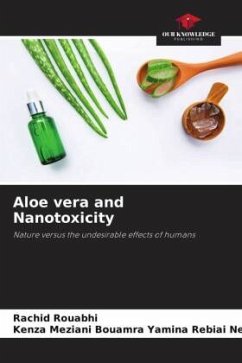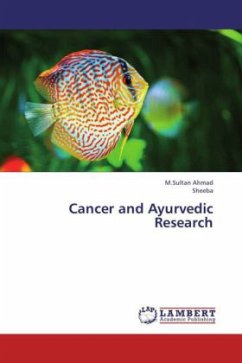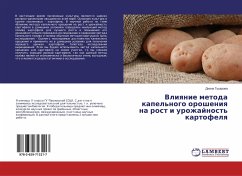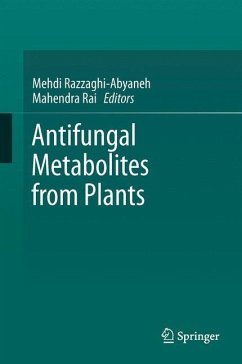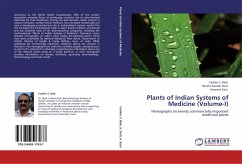
Plants of Indian Systems of Medicine (Volume-I)
Monographs on twenty commercially important medicinal plants
Versandkostenfrei!
Versandfertig in 6-10 Tagen
52,99 €
inkl. MwSt.

PAYBACK Punkte
26 °P sammeln!
According to the World Health Organization, 80% of the world s population primarily those of developing countries rely on plant-derived medicines for their healthcare. During the past decades, public interest in natural therapies, namely herbal medicine, has increased dramatically not only in developing countries but also in industrialized western world. This has increased the international trade in plant based medicine enormously and has attracted most of the pharmaceutical companies, including the multinationals. Plants of Indian Systems of Medicine (Volume-I) covers detailed monographs on I...
According to the World Health Organization, 80% of the world s population primarily those of developing countries rely on plant-derived medicines for their healthcare. During the past decades, public interest in natural therapies, namely herbal medicine, has increased dramatically not only in developing countries but also in industrialized western world. This has increased the international trade in plant based medicine enormously and has attracted most of the pharmaceutical companies, including the multinationals. Plants of Indian Systems of Medicine (Volume-I) covers detailed monographs on India s most traded 20 medicinal plants which have been prioritized by National Medicinal Plant Board, Department of AYUSH, Ministry of Health & Family Welfare, Govt. of India. While additional 20 commercially important medicinal plants are covered in Volume-II. The monographs are useful for common people, entrepreneurs, as well as for scientists for obtaining comprehensive information about any of the selected plants easily on a single platform, as each monograph provides information on botany, chemistry, agronomy, pharmacology, biotechnology and trade trends.



